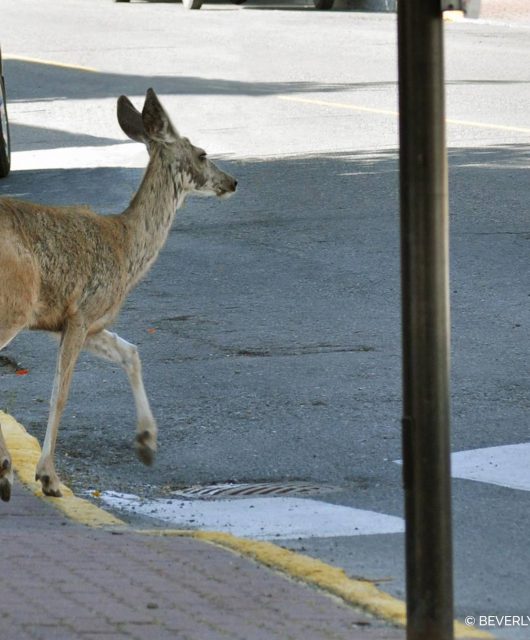If you’re practically lathering calamine lotion on your body to stop the itch, it might be worth investing in some friends. Bug-eating friends, that is.
Attract birds
Grow a variety of plants on your property, including trees and shrubs if you have the space, and keep native wooded areas on land intact where possible. This provides nesting and resting places for all sorts of birds, including those that eat biting bugs, such as nighthawks and swallows.
Build a pond
Ponds support a diversity of wildlife, including mosquito predators. Some eat the larvae, such as dragonfly and damselfly nymphs, tadpoles, and insects such as water striders, backswimmers and water boatmen. Adult dragonflies and damselflies, frogs and toads will go on to eat adult mosquitoes. Ensure your pond has native vegetation growing in and around the edges to provide habitat for bug-eating creatures.
Make it homey
Add features to your yard to make it attractive to wildlife. A bat house can be helpful, as bats can eat thousands of insects each night, some of which are mosquitoes. A bird bath can will also attract birds, but be sure to change the water often to prevent both mosquitoes and germs from developing. Even the simple job of placing a shallow dish of water in your yard will attract adult dragonflies and damselflies, which will stop by for a drink. Try adding in some stones to the dish so they have a place to perch.
Drain standing water
Mosquitoes breed in standing water, so don’t let it accumulate around your yard. Be sure to dump it from places where it may collect. If you have a rain barrel and don’t often use the water inside, consider covering it with a screen.






